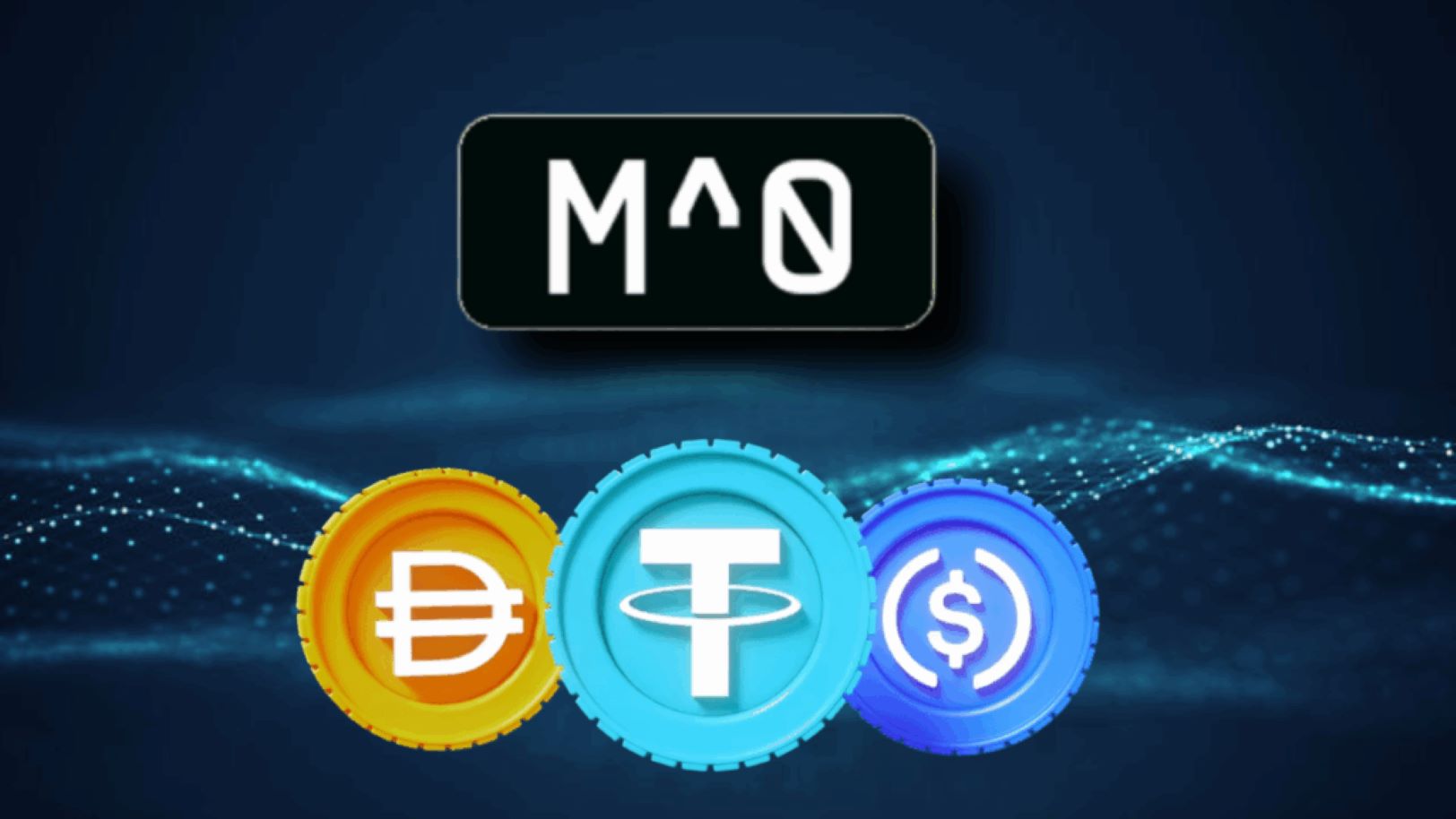According to Reuters dispatch dated 20th June 2016, Apple could set up its shops in India after the relaxation of FDI rules. The nation saw the second round of liberalization when the government opened up more sectors to foreign direct investment.
The Cupertino-based electronics giant could open its first store in India and eventually start manufacturing its products in the country as a part of the government’s Make in India drive. The latest rules formulated by the government relaxed the rule which required the company to source 30% of its goods sold from its stores locally.
Apple currently sells its products like iPhones, iMacs, and iPads through resellers. Now it could set up its shops ending months of speculation which started after the company asked for store licenses. The visit by its CEO Tim Cook also helped to smoothen out things for the iPhone manufacturer.
India has become the largest and the fastest developing smartphone market and iPad maker who has seen stagnation of its sales want to make the foray into the Indian market to improve its stocks. The Indian smartphone market is expected to grow by 25% this year.
The company has a minuscule share of the Indian handset market which amounted to just 2%. Getting a foothold in India is important for the iPhonne maker since sales in China and the US has stalled. The latest change in rules will encourage foreign investment in the domestic market.
Apple had earlier sought an exemption from this regulation mentioning a clause which exempted retailers of the latest technology from this requirement. Reuters add that government officials were wary about taking a decision on whether the company fulfilled this requirement. With the most recent directive, it can re-submit its application and fast track the opening of its retail outlets.





Add Comment